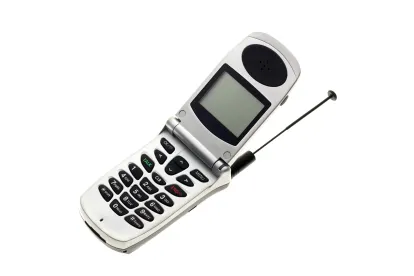Yesterday, a coalition of numerous trade organizations, including, among others, the U.S. Chamber of Commerce, the American Bankers Association, the Consumer Bankers Association, and the Mortgage Bankers Association, filed a Petition for Declaratory Ruling with the Federal Communications Commission (the “FCC”), seeking clarification of the definition of “automatic telephone dialing system” (“ATDS”) under the Telephone Consumer Protection Act (“TCPA”). Specifically, Petitioners request that, in light of the D.C. Circuit’s recent guidance on this topic in ACA International v. FCC, the FCC (1) confirm that to be an ATDS, equipment must use a random or sequential number generator to store or produce numbers and dial those numbers without human intervention, and (2) find that only calls made using actual ATDS capabilities are subject to the TCPA’s restrictions.
The Petition sets the stage for its request by explaining that the TCPA’s original purpose was to prevent a specific type of abusive call by telemarketers, but that its implementation has resulted in a whirlwind of litigation against legitimate businesses attempting to lawfully communicate with their customers. The Petition further asserts that the current state of TCPA litigation is hurting businesses, not helping consumers, and instead is just serving as a boondoggle for plaintiffs’ lawyers. The Petitioners then urge the FCC to use the D.C. Circuit’s recent decision in ACA as an opportunity to rationalize the dysfunctional TCPA landscape.
Turning to their specific requests, the Petitioners argue that the FCC should not deviate from the straightforward text of the TCPA in defining ATDS. Thus, Petitioners contend that for equipment to constitute an ATDS, it must be able to generate numbers in either random order or sequential order, be able to store or produce those numbers, and be able to dial those numbers. The Petitioners also request the FCC to make clear that if human intervention is required in generating the list of numbers to call or in making the call, then the equipment in use is not an ATDS.
In addition, the Petitioners argue that the FCC should make clear that the ATDS functions must be actually – not theoretically – present and active in a device at the time the call is made. Thus, a device that requires alteration to add auto dialing capability is not an ATDS. Rather, the capability must be inherent or built into the device for it to constitute an ATDS. For example, if a smartphone required downloading an app or changing software code to gain autodialing capabilities, the smartphone would not qualify as an ATDS.
Finally, the Petitioners request that the FCC clarify that a caller must use the statutorily defined functions of an ATDS to make a call for liability to attach. As such, a device’s potential capabilities would not be relevant to determining whether it is an ATDS, because the inquiry will focus only on the functions actually used to make the call or calls in question.
The Petitioners repeatedly urge the FCC to take prompt and speedy action on their Petition. Significantly, the FCC is now controlled by Republicans, two of whose dissents from the FCC’s 2015 TCPA Declaratory Ruling and Order demonstrate that they strongly prefer a narrow interpretation. We will keep a close watch on the progress of the Petition, and report on developments as they occur.



 />i
/>i
